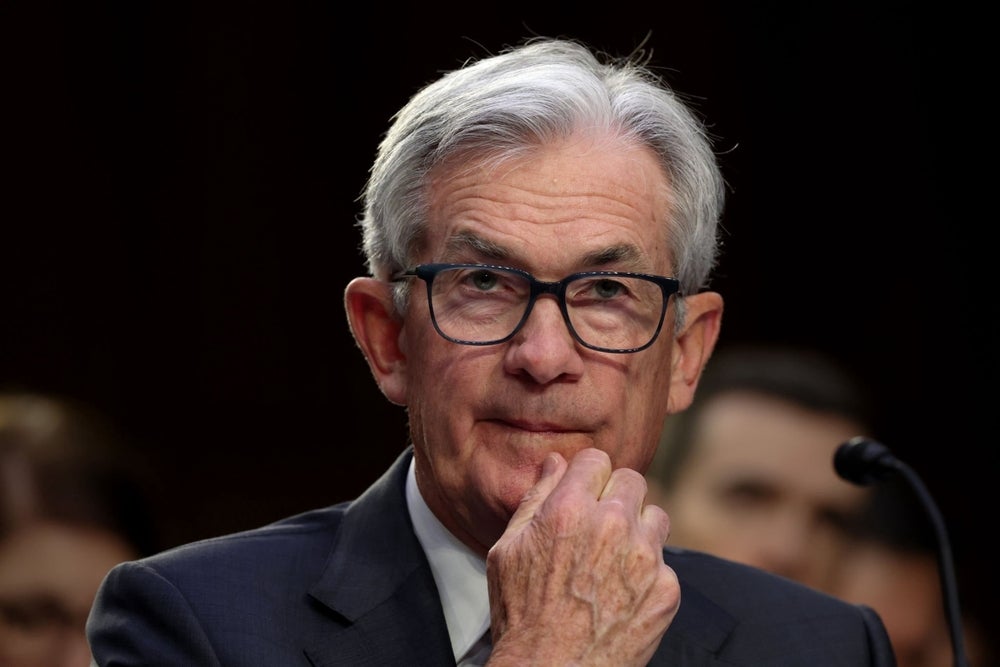In this photo taken on January 21, 2016, in Beijing, China, banknotes of the Euro, Hong Kong dollar, US dollar, Japanese yen, British pound, and Chinese 100 yuan can be seen. Jason Lee/Jason Lee/Jason Lee/Jason Lee/Jason Lee/Jason Lee/Jason Reuters, July 2 – Here’s a quick rundown of the key economic events and issues to be covered by Reuters bureaus next week, including minutes from the June meetings of the US Fed and the European Central Bank, as well as the latest inflation statistics from China. STATE OF THE UNITED STATES In terms of economic releases, the week after the U.S. payrolls report is usually one of the lightest of the month, and next week is no exception. However, there is one notable and possibly market-moving release this week: The minutes of the Federal Reserve’s June meeting, when officials began debating how to terminate crisis-era bond purchases and signaled that interest rate hikes were closer than previously imagined, have been released. find out more On Wednesday at 2 p.m. U.S. eastern time (1800 GMT), the readout of the Federal Open Market Committee meeting from June 16-17 will reveal the depth of the division among the 18 policymakers as they approach a critical turning point for monetary policy in the world’s largest – and now booming – economy. There are four things to look for: Inflation: How far does the Fed’s tolerance for inflation overshoot extend now that it has surpassed its 2% target? Will some policymakers argue that a complete restoration to pre-COVID employment levels is implausible, calling into doubt their “maximum employment” target? Bonds begin to taper: The taper argument is in full swing. When and how quickly they reduce their monthly Treasury and mortgage-backed securities purchases of $80 billion and $40 billion, respectively, are among the questions. Is the argument about interest rates leaning towards an earlier move? At the June FOMC meeting, members’ predictions moved the median expectation for the first rate hike from 2024 to 2023, and a significant minority of members circled 2022 for the first hike. EUROPE Concerns over the impact of new coronavirus types on summer tourism, which is critical to southern economies such as Portugal, Greece, Italy, and Spain, will continue to dominate next week in Europe, as hotel bookings remain much below pre-pandemic levels. The Office for Budget Responsibility, Britain’s fiscal watchdog, will release its annual report on threats to the public finances on Tuesday, with a focus this year on the harm caused by COVID-19, climate change, and the consequences of increasing interest rates for debt servicing expenses. On Thursday, the European Central Bank publishes the minutes of its June policy meeting. ECB observers will also be looking for news from a series of meetings scheduled in the coming weeks to fine-tune the bank’s strategic vision. The Bank wants to change its inflation target, which is presently set at around but not surpassing 2%, although sources say there are still significant divisions among top policymakers. The goal is to complete the review by September. ASIA In Asia, Australia’s central bank is expected to maintain its record low cash rate and take a “flexible” approach to its bond-buying program on Tuesday. Economic results have outperformed expectations, but new COVID outbreaks across the country and a sluggish vaccination deployment pose significant dangers. Analysts predict that the RBA will be one of the last central banks in the developed world to remove crisis-era stimulus. The policy meeting of Malaysia’s central bank will take place on Thursday, with no changes expected. The outlook for recovery will be the main focus. Finally, on Friday, China will publish new inflation figures. One area of focus would be raw material costs, which have risen as a result of rising commodity prices, and whether these increases are being passed on to consumers. Reuters bureaus contributed reporting; Mark John, Dan Burns, and Sam Holmes collated the story; Ana Nicolaci da Costa edited it. The Thomson Reuters Trust Principles are our standards./n
Read MoreFed, ECB minutes and all eyes on China inflation
2021-07-02T08:32:56-04:00July 2nd, 2021|





